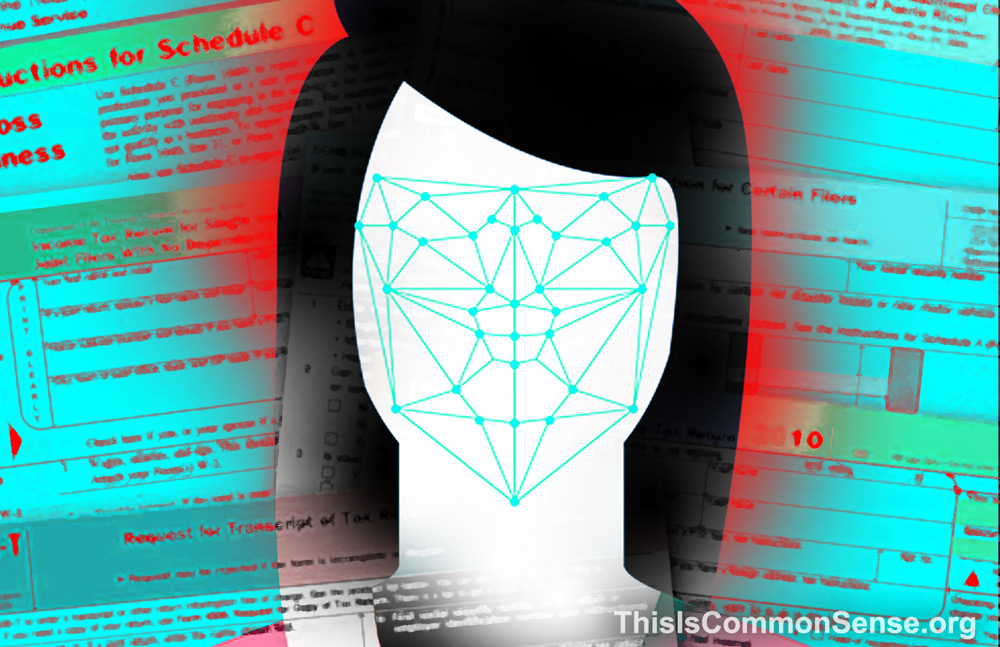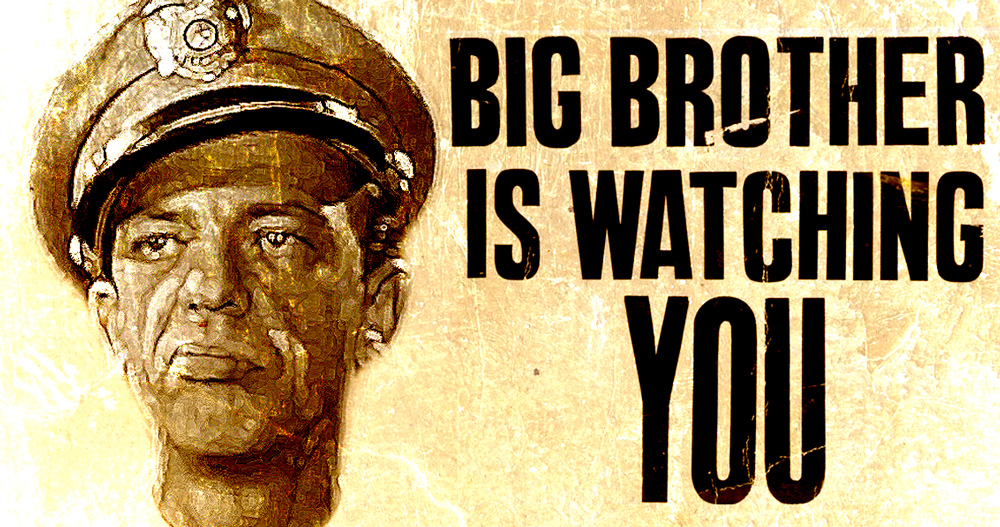Maybe we can put a stop to the assault on the privacy of donors to political causes.
By “we” I mean The Buckeye Institute and the Institute for Free Speech, who have teamed up to challenge “a decades-old law that forces the IRS to demand that nonprofit charities hand over the private information of their largest donors every year.”
The IRS itself admits that collecting this personal data “poses a risk of inadvertent disclosure.”
Also a risk of fully advertent disclosure.
The IRS has often been used to harass the political enemies of federal officials in a position to tell the agency what to do.
Buckeye Institute President Robert Alt reports the Institute’s own experience as Exhibit A. In 2013, soon after it had urged Ohio to reject Obamacare-inspired efforts to expand Medicaid, the Institute was subjected to an IRS harassment-audit.
The specter of this investigation was a scary one for the Institute’s major donors, who reasonably assumed that the audit was retaliatory. They worried that if their own names came up during the audit, they too would be subject to IRS attention. Many donors drastically scaled back their giving so they’d be less of a target; others stopped donating altogether.
Prospects for the Institutes’ litigation are good. The U.S. Supreme Court determined in a 2021 ruling that the government must at least consider “the potential for First Amendment harms before requiring that organizations reveal sensitive information about their members and supporters.”
Anonymity in political activism has a long American history — from the start, actually.
It’s what democracy looks like.
This is Common Sense. I’m Paul Jacob.
Illustration created with DALL-E2
—
See all recent commentary
(simplified and organized)






